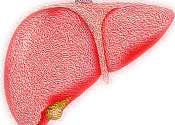Benefits of time-restricted eating depend on age and sex
Time-restricted eating (TRE), a dietary regimen that restricts eating to specific hours, has garnered increased attention in weight-loss circles. A new study by Salk scientists further shows that TRE confers multiple health ...
Aug 17, 2021
1
698









